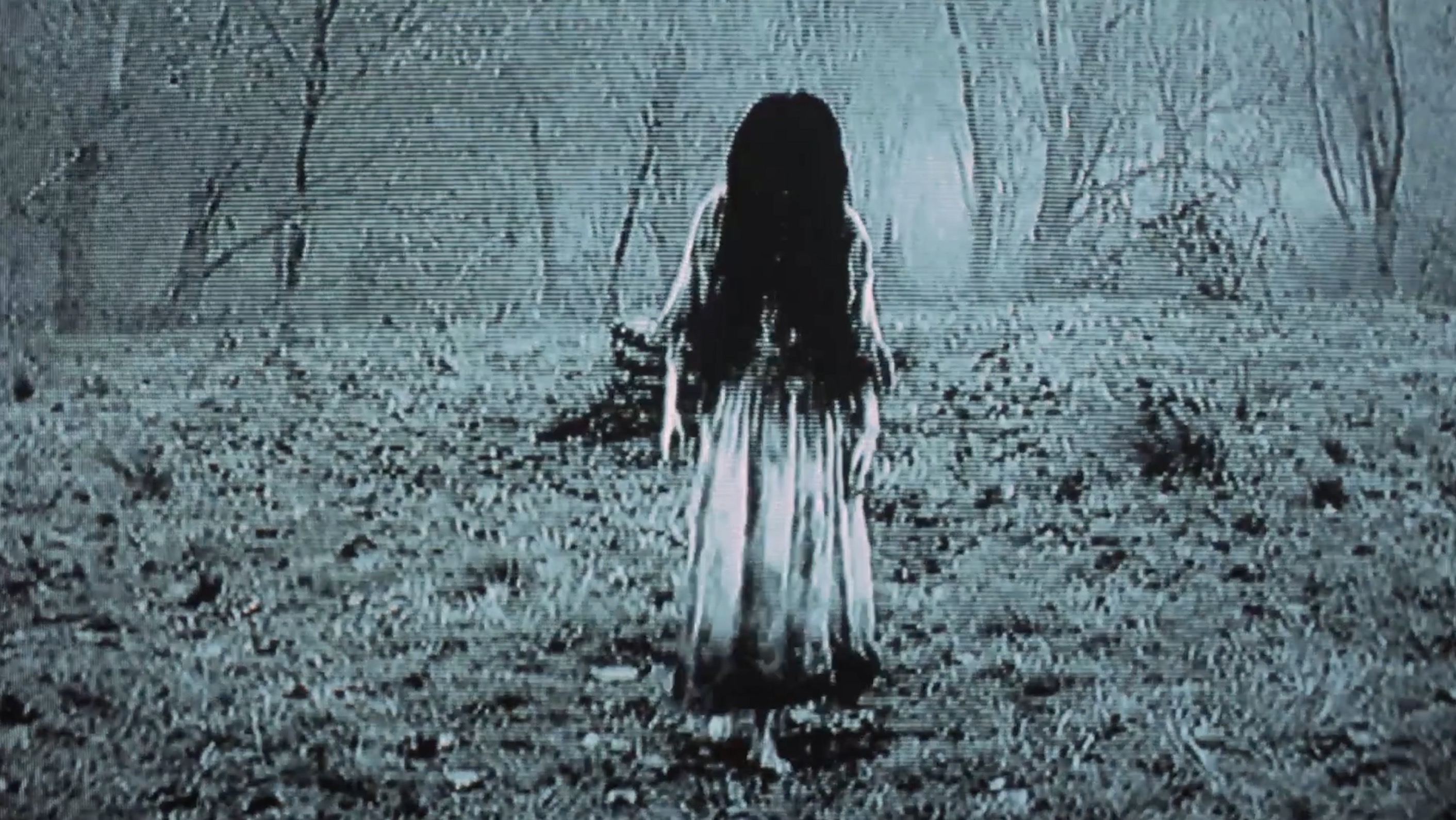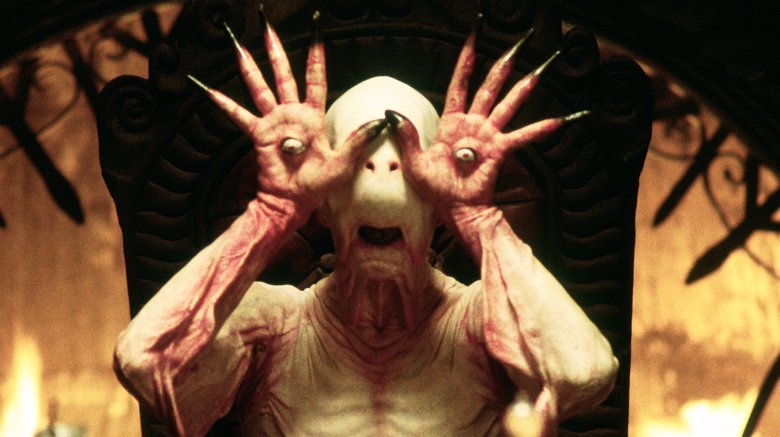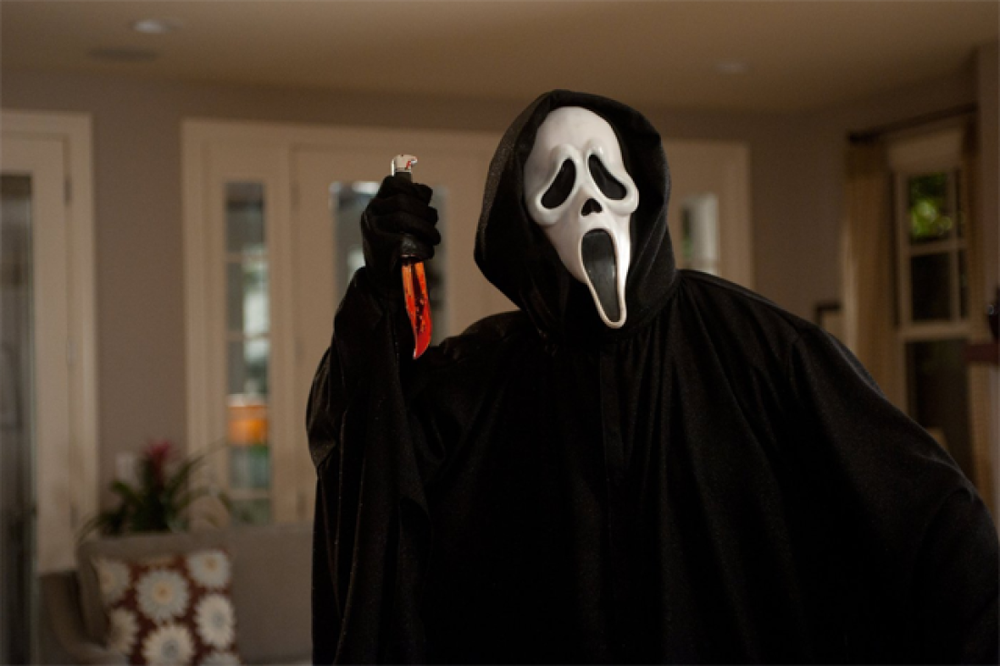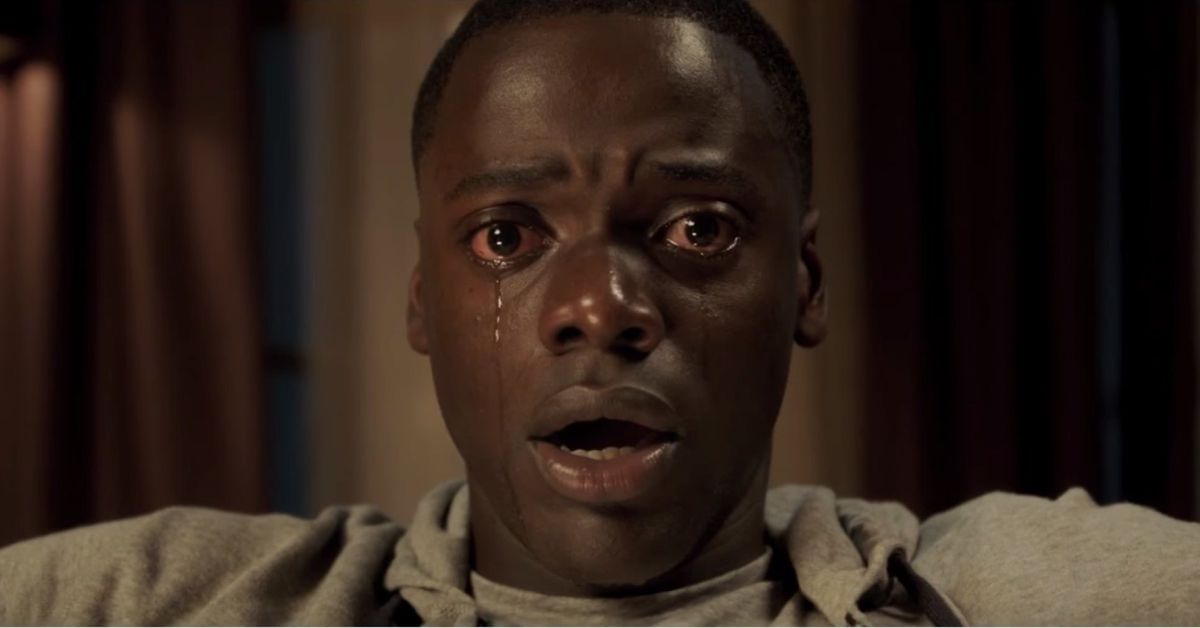Horror films have been a mainstay of cinema for decades, and continue to be a booming industry genre. So, what is it about scary movies that keep us watching?

Since the beginning of cinema, there have been movies to reflect hidden fears, nightmares and terrifying possibilities. But while we would normally associate “fear” with negative emotions, and something to hide from or avoid, the horror film industry is thriving.
Everyone has a different take on scary movies. Two people are not likely to get the same experience watching the same film. And this can be affected by personal taste, beliefs, values, and an individual’s viewing cope-ability.
Yet somehow our universal fears have been kept in check through a history of compelling, controversial and confronting scary stories. And after more than a century of horror, we can’t seem to get enough.
The Horror Genre

Horror has always had a place at the table. There is no doubt that it’s one of the most enduring and exciting genres that film has to offer. Scary movies use our search for thrills to evoke our deepest fears and our greatest vulnerabilities.
But while fear has always existed for humans, the fake pink blood and sheet over an actor’s head that could once make people run out of cinema’s screaming just don’t cut it anymore. Out of sheer survival of the craft, movies have had to evolve to keep up with advancing standards of fear, and the nightmares of new generations.
“If movies are the dreams of the mass culture… horror movies are the nightmares.”
– Stephen King
Horror is simply one of the most extensive and open-minded genres. There are no boundaries, allowing for unprecedented effects and artistic creativity. Unlike rom-coms or drama films, horror does not bear the shackles of needing specific plot tropes and formulas to deliver its intention.
And with a plethora of sub-genres like sci-fi, thrillers, slashers, supernatural, psychological, paranormal and more, the reach of scary movies is unlimited.
The Fear Element
Infamous horror filmmaker John Carpenter once said that when it comes to scary movies, “There’s a very specific secret: It should be scary.” Fear is an essential element of horror films.
Horror demands reaction and emotion. We’ve grown to expect and seek some kind of adrenaline rush and excitement.
“Horror Films don’t create fear. They release it.”
– Wes Craven
The films use science, psychology and human nature in order to enhance the experience. Psychologists, neurologists and filmmakers study the effects of fear on our brains and our reactions to see what terrifies us.
This is reflected in frightening plot, horrifying visuals, strategic lighting and camera tricks to create an atmosphere of terror. Using brilliant writing, they make captivatingly scary characters whose movement and presence are complemented by sound and silence to amplify our fears – showcased by filmmakers like Hitchcock and Jordan Peele.
Benefits of Scary Movies

While films can be terrifying, their effects – albeit dependent on individuals – tend to not last as long as they once did. The aftermath of scary movies on us is becoming more and more temporary. As such, in the face of our nightmares, we are able to feel panicked in a safe environment.
The aesthetics and psychology behind scary movies can also create an enjoyable experience for us. It’s common for people to feel less frustrated, less anxious and even happier after watching a scary movie. This could be because of the hormones released during the experience and the immediate assurance afterwards that we are not in danger.
Moreover, scary movies have a unique way of bonding people like no other genre. This is because it feels like you are going through something together, sharing a heightened experience. And there can be a feel-good sense of accomplishment afterwards.
A Reflection of Society
“To make Michael Myers frightening, I had him walk like a man, not a monster.”
John Carpenter
Beyond jump scares and shock reveals, what intensifies the fright that horror films serve is that they are very real reflections of society and mankind. Scarier than any fictional monster or creature is the horrors that happen in real life, by real humans.
Films have the ability to portray very real sentiments in life, and reflect the darkest and most real parts of society, for example, Peele’s Get Out. Likewise, psychological thrillers have the power to explore the duality and nature of humans and our capabilities.
And films like I am Legend and World War Z have successfully scared us in their portrayal of unthinkable possibilities and threats to humanity like viruses and apocalyptic or world-ending terrors.
On top of this, satirical horror films and remakes can show us meta-critical reflection and awareness of the genre. For example, Wes Craven’s cult-classic Scream is a slasher movie. Yet the self-awareness of the film, reference to horror classics, and characters discussing horror film tropes within the film makes a genius commentary on scary films, and people’s reactions and expectations of them.
Forward-Moving Cinema

Scaring people is proving to be harder and harder because life is also getting scarier. While we still feel emotion, we have become behaviourally numb to scares and tragedies that recur. With daily terrors over the news, harsh realities of life weighing in, and what were once unthinkable situations (ie the pandemic) taking place, the genre has no doubt had to get creative.
Because of this, the Horror genre is never-ending. The genre by nature is unlimited because there are always things that will scare us.
It [horror genre] never dies. It just keeps getting reinvented and it always will. Horror is a universal language; we’re all afraid.
– John Carpenter
And as life advances and values change, with new challenges including technology, climate change and modern understanding of humans, we are discovering new scares all the time.
Like any genre, Horror has had its bad films and its masterpieces. But the intention, process and effect of scary movies is unlike any other art form and genre. Because fear is a human condition that no one is immune to, horror translates like no other language and emotion, making it a huge deal in global cinema.
The industry is booming, and undoubtedly we’re ready for some new and exciting scares.
Subscribe to FIB’s Weekly Breaking News Report for your weekly dose of music, fashion and pop culture news!







